ID: V3Z-MJ83
ID: V3Z-MJ83
African Pear
Dacryodes edulis
Photo
Cameroon
01:00 - 20°C
My connections
My ID card
Who am I?
Date of birth
09/23/2024
Name
African Pear
Tree
African Pear
Where am I located?
Country
Cameroon
Place of birth
Yoko
Coordinates
4° 57′ 2.1″ N
11° 50′ 51.64″ E
/11.84767914,4.95058386,0/500x333@2x?access_token=pk.eyJ1IjoidG9tbWFzb3NwZXJvbmkiLCJhIjoiY2tnOTE3eW12MDJqazMybXNzOWV1YjloOSJ9.wtGsuDU7XIKjcv2cq8CiXw&logo=false&attribution=false)
My Timeline
The important moments in your tree's life.
Seed
It all starts with a tiny seed, nice and warm in the soil.
Nursery
Your seedling is big enough to be welcomed into one of our nurseries, along with many others.
Planted
We’re here! Your tree has reached its new home: it’s been planted by a smallholder, who’ll take care of it for years to come.
Photo
Strike a pose! Now that it’s big enough, here’s a photo of your tree!
My Gallery
Nursery
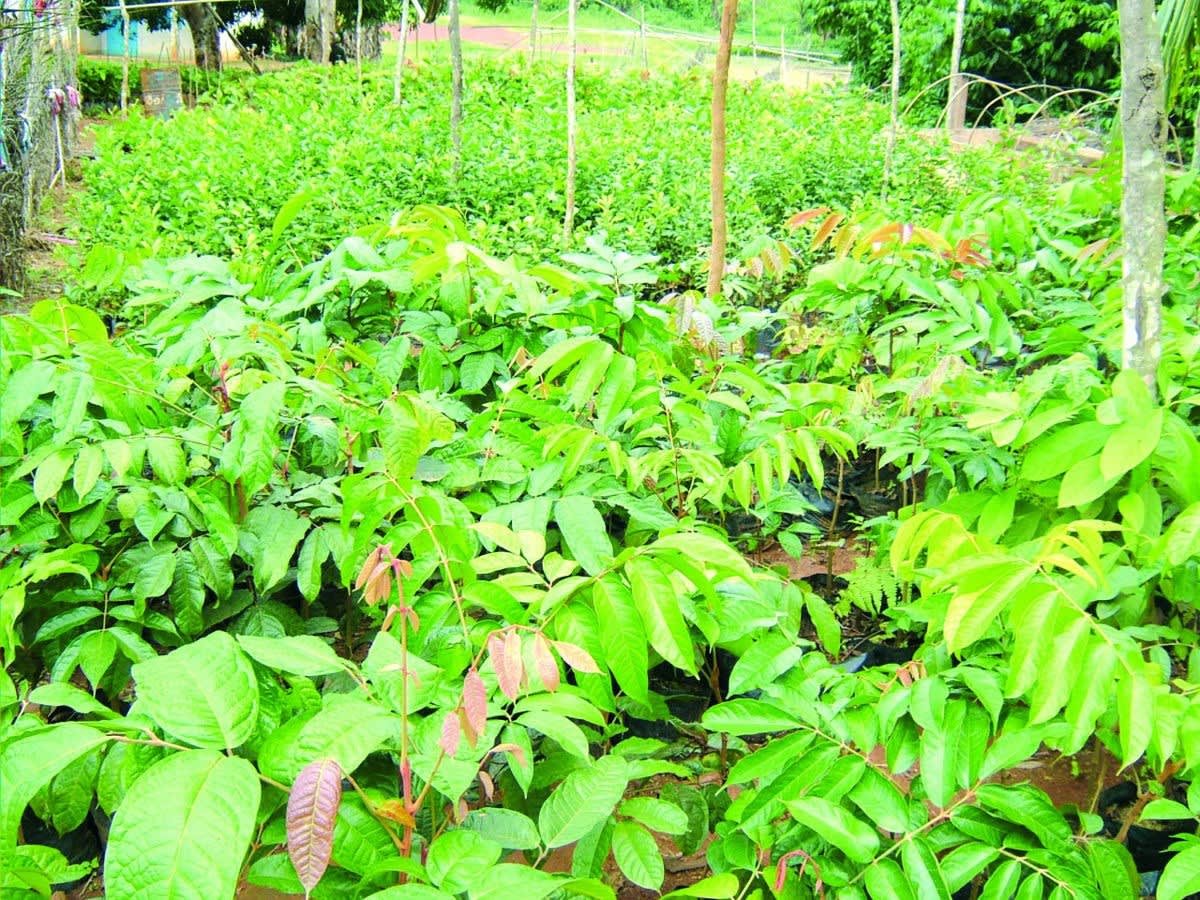
Planted
/11.84767914,4.95058386,0/500x333@2x?access_token=pk.eyJ1IjoidG9tbWFzb3NwZXJvbmkiLCJhIjoiY2tnOTE3eW12MDJqazMybXNzOWV1YjloOSJ9.wtGsuDU7XIKjcv2cq8CiXw&logo=false&attribution=false)
11° 50′ 51.64″ E
Photo
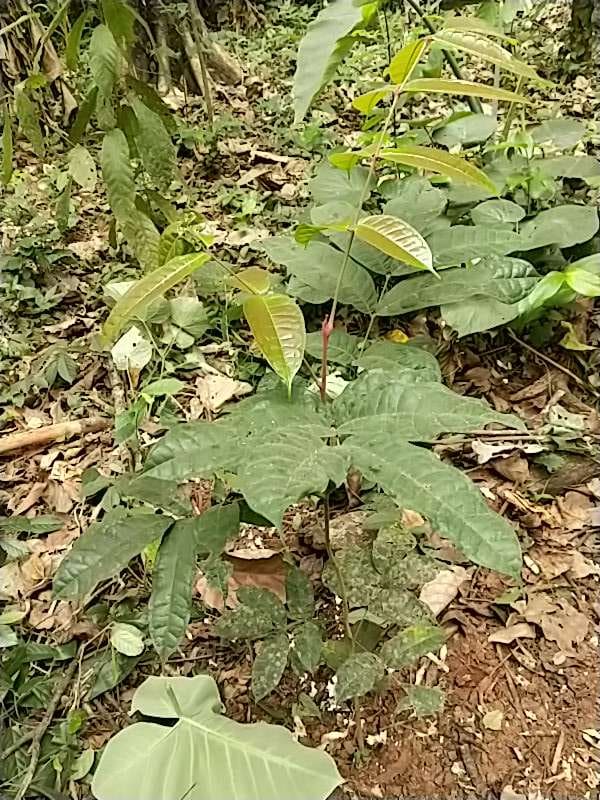
Curiosity about me
The important moments in your tree's life.
Let's start with introductions
The African pear tree can grow up to 40 meters tall and is an evergreen that’s primarily planted in the African tropics. Though it can produce over 300 kilos of fruit, it’s large dimensions make it a natural choice to provide shade for cacao and coffee cultivations as well as to improve soil quality. The pulp of its fruit is used for dietary purposes and the rind produces a scar-healing powder.
Meaning
Wealth
A single Safou tree can produce enourmous quantities of fruit, which is incredibly nutritious and rich in fat. For those on a diet perhaps it's not ideal, but to feed many people it's one of the best trees there can be.

How much CO2 I’ll absorb
My estimated CO2 absorption capacity is based on the first 10 years of my life*
Current absorption
- 0 kg
2024
0 kg
2034
-400 kg
* The tree will continue to absorb CO2 even after the tenth year. Therefore this is a prudent estimate.
How I am useful to local communities
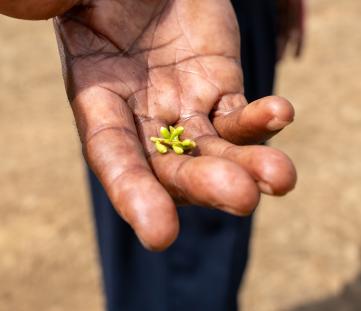
Medicine
Its leaves, roots, bark and/or fruits are used in traditional medicine.
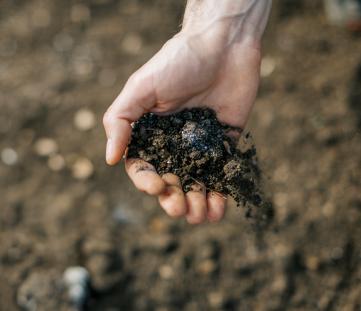
Soil
It improves the quality of the soil thanks to the nitrogen fixation process or it reduces soil erosion, thanks to its extended root system.
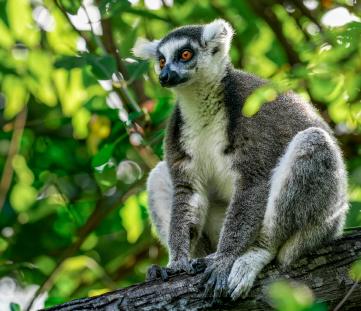
Biodiversity
It helps restocking various animal species, thus helping the variety of fauna and flora overall.
My benefits
80%
Food Security
The trees will bear fruits, some that will be edible immediately and others that can become edible through processing, ensuring food resources over time.
60%
Economic development
The trees' fruits and the products derived from their transformation can be traded in local networks, offering income opportunities.
70%
CO₂ Absorption
During its life cycle, each tree will offset CO₂. The trees that you plant can offset your emissions.
80%
Environmental protection
The trees are planted in agroforestry systems that favor the virtuous interaction between the different species and their positive impact on the environment and on the land.